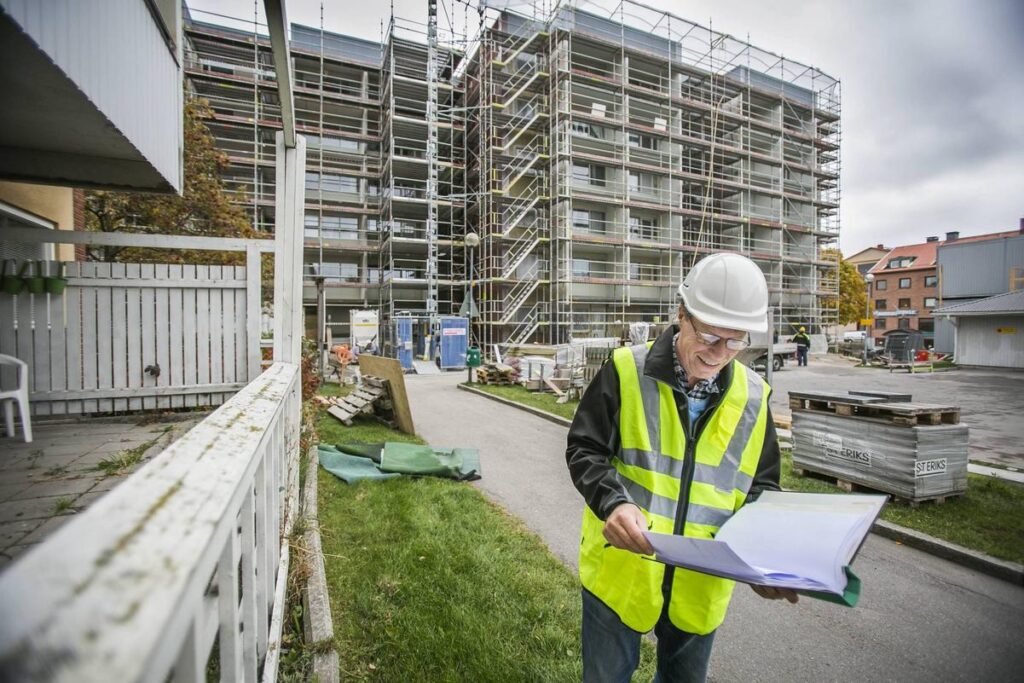AB Gavlegårdarna was in the process of renovating houses built in the 1970s at the time of the public housing programme “Miljonprogrammet.” This included renovating the outdoor environment and introducing a new waste management system in the Nordost district. For this waste management system to be successful, residents would need to adapt their behaviour, for instance by sorting waste items. How did Gavlegårdarna go about encouraging tenants to recycle?
The challenge
Initial communication efforts proved to be ineffective in encouraging residents change their behaviour and sort waste successfully. Gavlegårdarna therefore tried a different approach to ensure sustainability in the neighbourhood, focusing on behavioural analytical knowledge, insights, and methods. It was also extremely important to understand and adapt to cultural differences.

How to encourage residents to sort and recycle?
First, Gavlegårdarna aimed to better understand the obstacles to behavioural change with sorting waste. Gavlegårdarna created an inventory of obstacles by consulting residents in the area. Through workshops and visiting tenants at home, they received valuable feedback. They could then create proposals for actions to encourage tenants to recycle. These included steps to better inform residents as well as practical aspects, such as:
- The physical design of recycling rooms
- Improving participation and relationships with tenants
- Informing and understanding the impacts of the waste management system (to some residents, these were perceived as positive but to others as negative)
- Considering how people think of and respond to social control
Improved information and education
One of the most important actions was to employ two environmental educationalists in the area. Their presence had a positive effect on sorting behaviour, through increased visibility, better communication, improving feedback mechanisms, and building trusting relationships.
Find out more
To find out more on this initiative, please do not hesitate to contact Gavlegårdarna’s Coordinator through the Members Only Zone. If you are not yet a member of Eurhonet, find out how to join us,
